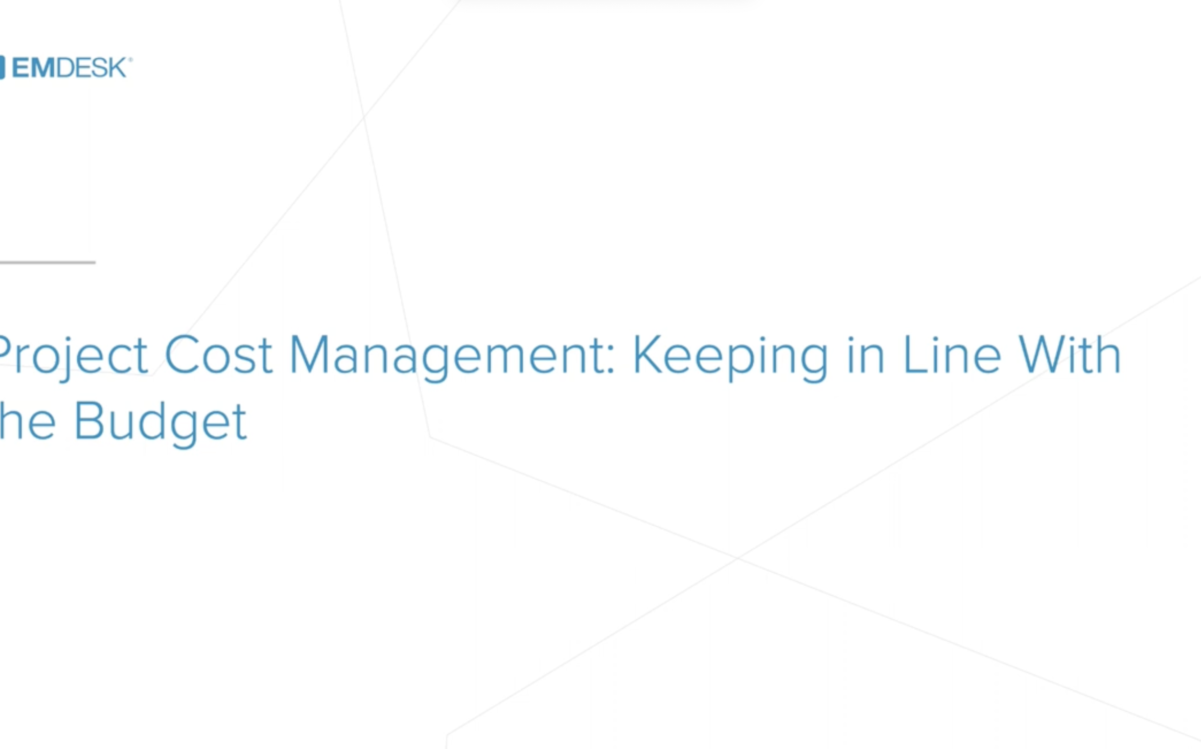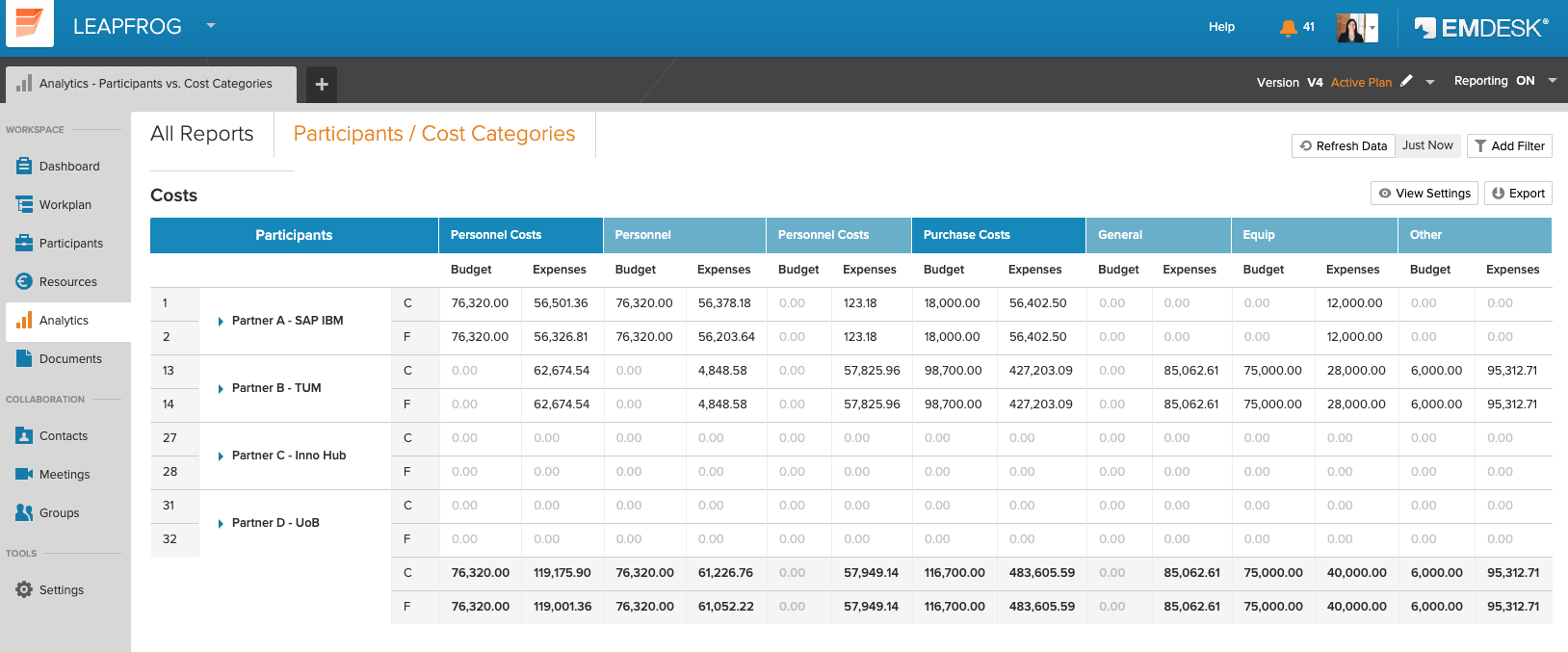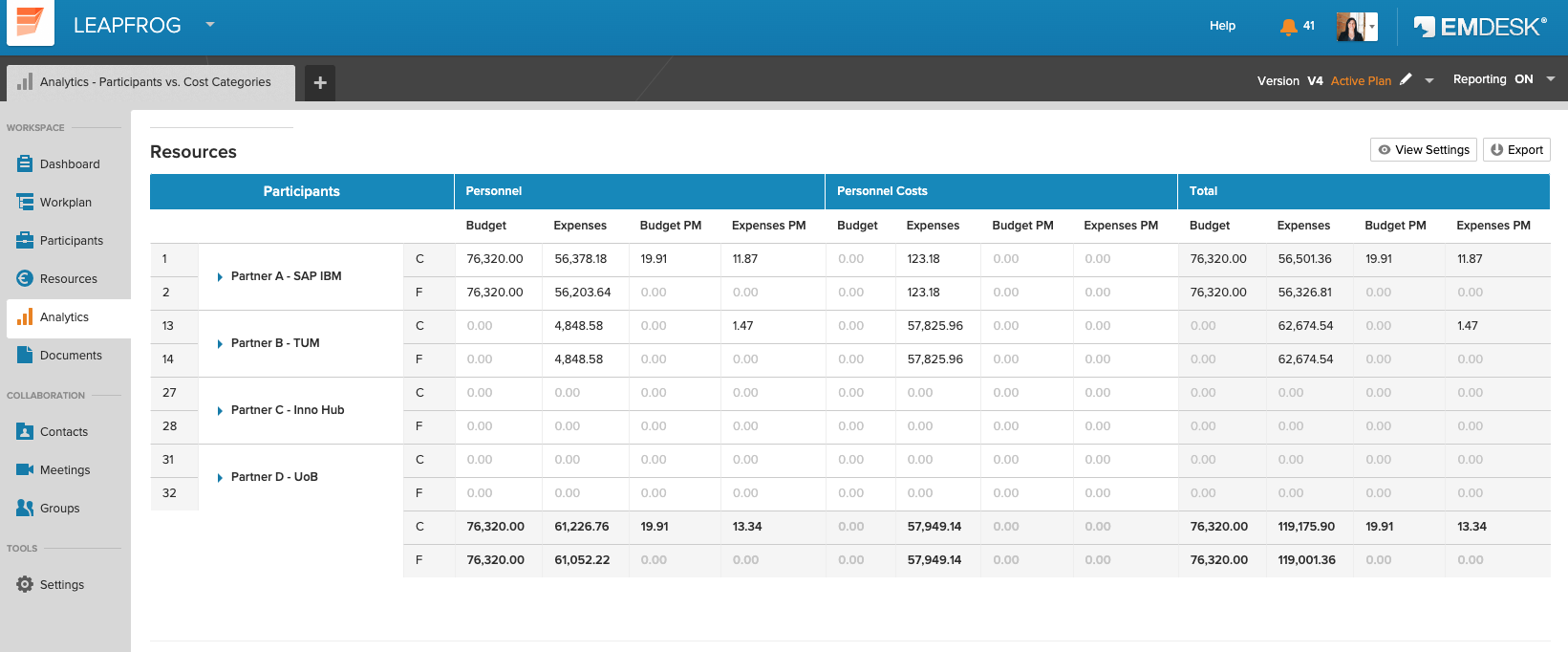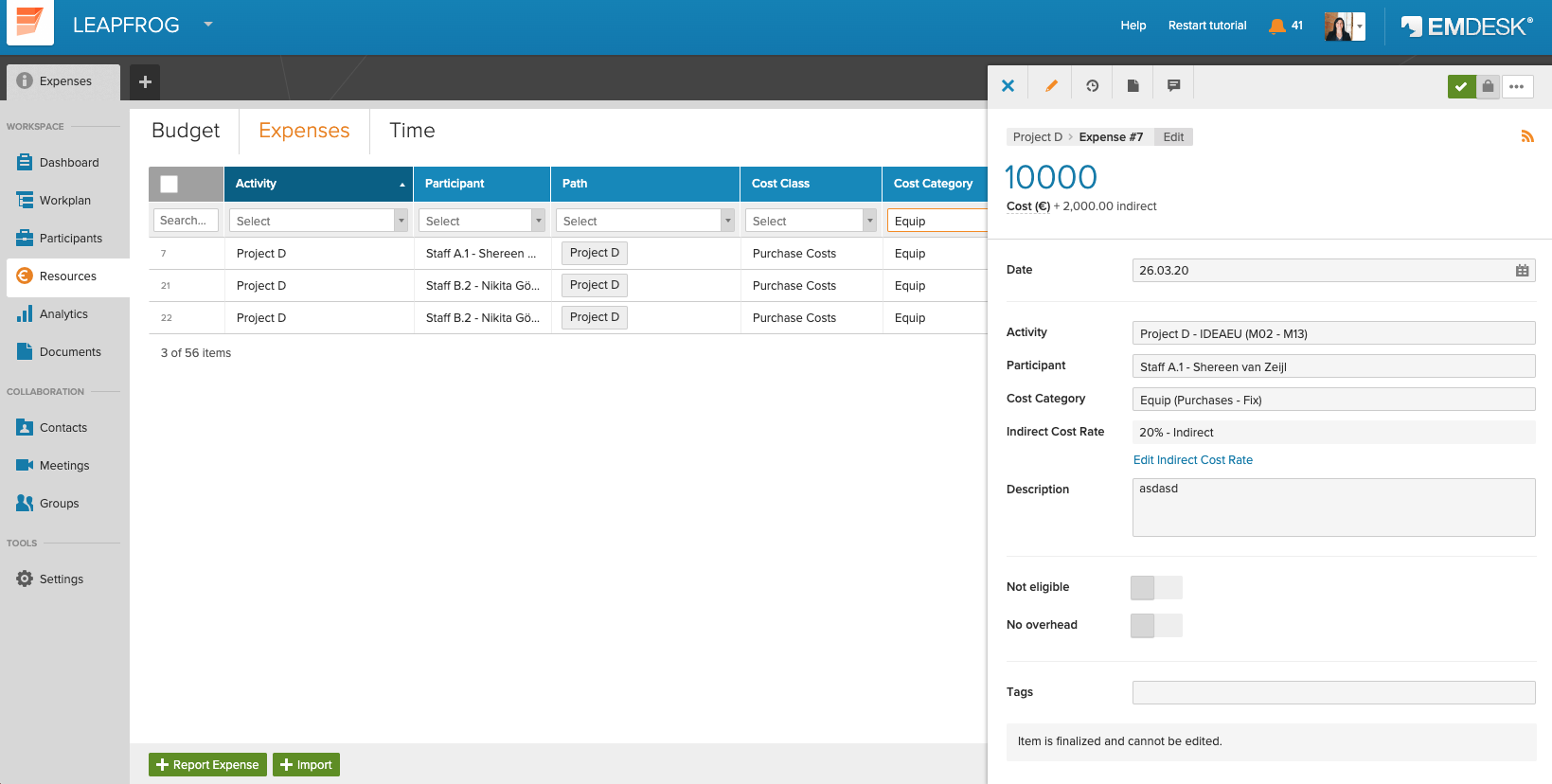Navigating the financial intricacies of Horizon Europe projects is a challenging task that ensures compliance with the European Commission's stringent guidelines. It requires a thorough knowledge of the rules governing funding, costs, reporting, and audits. Effective Horizon Europe project cost management is the key to maximising funding opportunities, ensuring compliance, and ultimately contributing to the successful execution of your projects.
Understanding the Horizon Europe's financial framework
Understanding Horizon Europe's financial framework is crucial for any consortium or entity aiming to participate in Horizon Europe. The framework outlines the rules and principles for budgeting, funding, and financial reporting for projects within the programme. Let’s have a deeper look into its key aspects.
Budgeting and funding models
Horizon Europe has a substantial budget allocated to support research and innovation projects. The programme operates on different funding models, which determine how much financial support the EU provides towards eligible costs. Typically, Horizon Europe covers up to 100% of the direct costs for research actions and an additional 25% of these direct costs as a flat rate for indirect costs. However, the exact funding rate can vary depending on the type of action and the nature of the participating organizations.
Eligible costs
Understanding what costs are considered eligible is paramount. Eligible costs must be actual, incurred, and necessary for the completion of the project. They include, but are not limited to:
- Personnel costs for individuals working directly on the project.
- Equipment and supply costs attributed to the project.
- Travel and subsistence costs for meetings, fieldwork, etc.
- Costs related to subcontracting and third parties.
Indirect costs, such as administrative expenses, are also covered as a flat rate of the direct costs, simplifying the financial management process.
Financial reporting
Projects funded by Horizon Europe are required to submit periodic financial reports. These reports detail the costs incurred during specific reporting periods and must adhere to the EU's guidelines. Proper financial reporting is critical for receiving continued funding and for the final settlement of the grant.
Audits and financial checks
The European Commission, or its appointed auditors, can conduct audits on projects up to two years after the project's end. These audits assess the financial management of the project, ensuring that funds were used appropriately and in accordance with the grant agreement. Being audit-ready requires meticulous financial record-keeping and understanding of the audit process.
Simplification and flexibility
The financial framework of Horizon Europe aims to simplify the financial management of projects. It introduces measures such as lump sums, unit costs, and flat rates to reduce administrative burdens. Flexibility is also built into the programme, allowing for adjustments in project plans and budgets to accommodate the dynamic nature of research and innovation activities.
The most common challenges in Horizon Europe project cost management
Managing the costs of Horizon Europe projects presents several challenges that require careful planning, continuous monitoring, and strategic decision-making. These challenges stem from the complexity of the projects, the diversity of consortia, and the strict compliance requirements set by the European Union. Understanding and meeting these challenges is important for effective financial management and the successful implementation of Horizon Europe projects.
1. Complex budget allocation
Horizon Europe projects often involve multiple partners from different countries and sectors, each with their own financial rules and expectations. Allocating the budget across various work packages, tasks, and partners while ensuring fairness and alignment with the project objectives can be intricate. This complexity is compounded when considering the need to adjust allocations in response to project developments and unexpected changes.
2. Ensuring cost eligibility and compliance
The European Commission has strict rules on what costs are considered eligible for funding. Navigating these rules requires a deep understanding of the financial guidelines of Horizon Europe. Project managers must ensure that all claimed costs are compliant, necessary, and directly attributable to the project. Misinterpretation of these rules can lead to ineligible costs, financial corrections, and even penalties.
3. Financial reporting and documentation
Horizon Europe requires detailed financial reporting at periodic intervals throughout the project lifecycle. This involves compiling and submitting comprehensive reports on the costs incurred, along with supporting documentation. The challenge lies in maintaining accurate and audit-ready financial records, adhering to the reporting formats, and meeting the submission deadlines set by the EU.
4. Managing audits and financial checks
Projects may be subject to audits by the European Commission, both during and after the project's completion. Preparing for these audits involves keeping meticulous financial records, understanding the audit process, and being able to justify the allocation and use of funds. The prospect of audits adds an additional layer of complexity to financial management, requiring ongoing vigilance and preparedness.
5. Adapting to project changes
Research and innovation projects are inherently dynamic, with scope, objectives, and activities potentially evolving over time. Adapting the project's financial plan to these changes, while remaining within the budgetary constraints and funding rules of Horizon Europe, presents a significant challenge. This requires flexible and responsive financial management practices.
6. Cross-country financial management
The international nature of Horizon Europe consortia introduces complexities related to currency exchange rates, differing national tax laws, and labor regulations. Managing the financial aspects of a project across multiple countries requires expertise in international finance and an understanding of the local regulations in each partner country.
EMDESK: Your solution for efficient project cost management
Overcoming the challenges mentioned above requires a strategic approach to project financial management, including the use of specialised project management software like EMDESK, which is specifically designed to support project teams in financial planning, reporting, and compliance with Horizon Europe regulations. It offers a comprehensive suite of features tailored to simplify and enhance every aspect of project management, with a particular emphasis on efficient cost management.
Here’s a quick overview of how EMDESK serves as a pivotal solution for managing costs of Horizon Europe projects:









